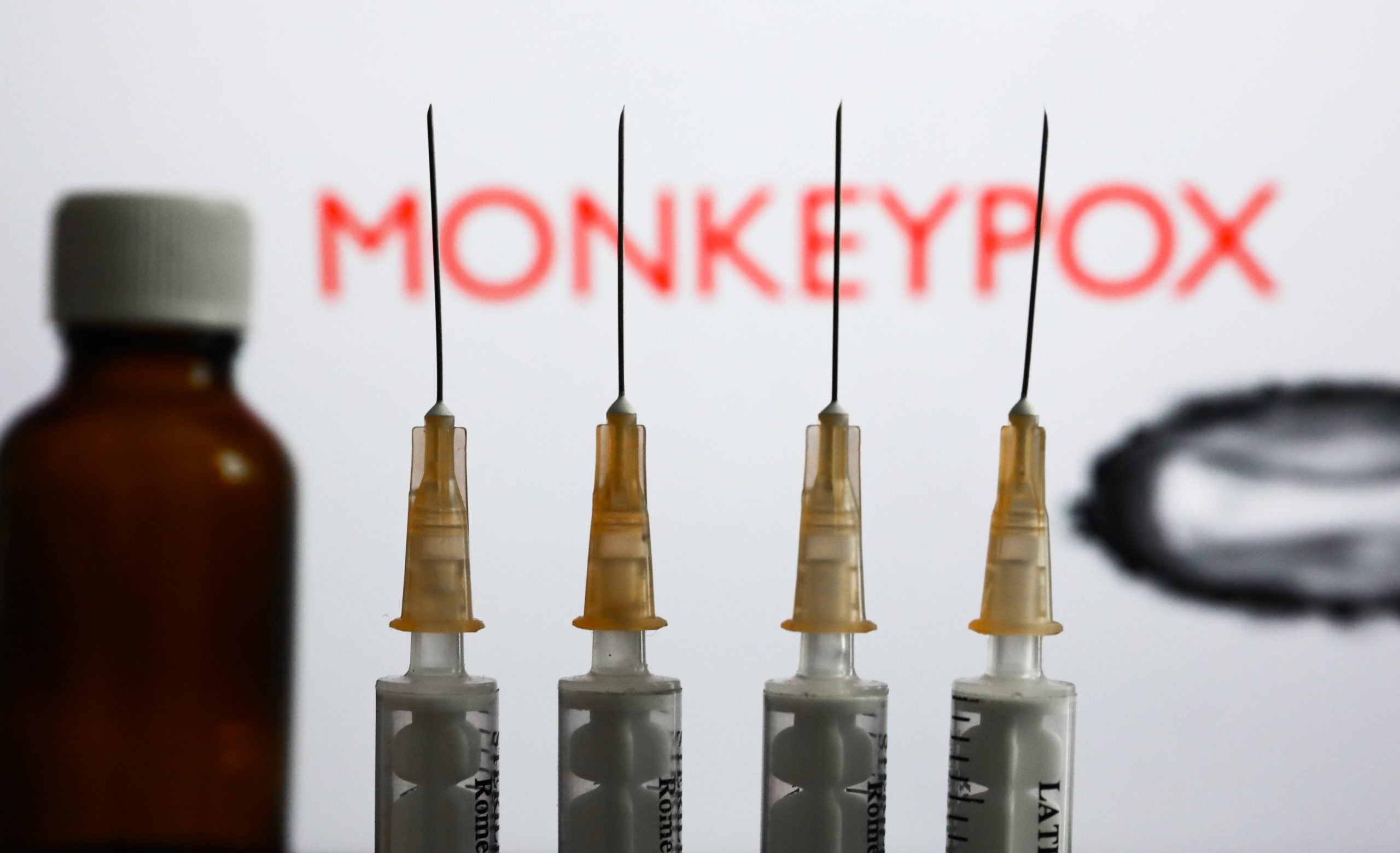
Monkeypox, a rare disease that was first discovered in 1958 in colonies of monkeys, with the first human case of the virus recorded in 1970 in the Democratic Republic of the Congo, is officially getting a new name.
On Tuesday, the World Health Organization (WHO) announced its plans to rename the monkeypox virus after taking into account the name’s “discriminatory and stigmatizing” implications.
According to the WHO, the virus has infected more than 1,600 people in 39 countries so far this year — seven of which monkeypox was previously discovered in and 32 countries that were newly detected.
Tedros Adhanom Ghebreyesus, PhD, the WHO’s director general shared in a press briefing earlier this week that the organization “is working with partners and experts from around the world on changing the name of monkeypox virus, its clades, and the disease it causes.”
The decision to rename monkeypox follows the advisory of more than 30 international scientists who called for the “urgent” name change of the virus after growing concerns about its “inaccurate” and “discriminatory” nature.
Last week, the group of scientists proposed a reclassification of monkeypox “that is non-discriminatory and non-stigmatizing and aligned with best practices in naming of infectious diseases in a way that minimizes unnecessary negative impacts on nations, geographic regions, economies and people and that considers the evolution and spread of the virus.”
“In the context of the current global outbreak, continued reference to, and nomenclature of this virus being African is not only inaccurate but is also discriminatory and stigmatizing,” the scientists’ group shared in the open letter online.
A spokesperson from the WHO said that the organization plans to collaborate with the World Organisation for Animal Health (OIE) and the Food and Agriculture Organization of the United Nations (FAO) to identify “best practices for the naming of new human diseases” in order to “minimize unnecessary negative impact of disease names on… cultural, social, national, regional, professional or ethnic groups.”
Ghebreyesus shared on Tuesday that the virus’s new name will be announced “as soon as possible.”